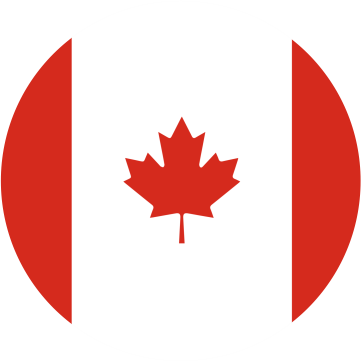
Harry Immigration as a CICC-regulated and approved immigration consultant in Canada and Ludhiana. we serve visas for different countries like Canada, Australia, USA, UK & New Zealand. We specialize in advocating on your behalf before the Canadian government to expedite the issuance of work permits and study visas. Harry Immigration, a premier provider of high-end immigration and education services, was founded to meet the growing demand for greater practical experience in these areas.
Our expertise as an immigration consultant in Canada ensures that you receive reliable and trustworthy guidance throughout your immigration journey. We offer a wealth of successful practices, making the process smoother and more manageable than ever. Whether you’re seeking a study visa consultant to help with your educational aspirations or need assistance with work permits, Harry Immigration is dedicated to simplifying your path to success in Canada.
(Member of CICC)


Visa services
 Visitor Visa
Visitor Visa
 Student Visa & Admission
Student Visa & Admission
 Work Visa
Work Visa
 Business Visa
Business Visa

Visa services
 Visitor Visa
Visitor Visa
 Student Visa & Admission
Student Visa & Admission
 Work Visa
Work Visa
 Business Visa
Business Visa

Visa services
 Visitor Visa
Visitor Visa
 Student Visa & Admission
Student Visa & Admission
 Work Visa - H1B
Work Visa - H1B
 Business Visa
Business Visa

Visa services
 Visitor Visa
Visitor Visa
 Student Visa & Admission
Student Visa & Admission
 Work Visa - H1B
Work Visa - H1B
 Business Visa
Business Visa

Visa services
 Visitor Visa
Visitor Visa
 Student Visa & Admission
Student Visa & Admission
 Work Visa
Work Visa
 Business Visa
Business Visa
Canada offers a variety of Provincial Nominee Programs (PNPs), and we are here to help you select the right PNP program based on your profile.

In the world of immigration services, being a membership in the College of Immigration and Citizenship Consultants (CICC) is extremely important. Our association with CICC is further evidence of our dedication to excellence, moral behavior, and professionalism when helping individuals and families navigate the complexities of immigration and citizenship procedures. As a member in good standing, we adhere to the strictest guidelines, stay updated on legislative developments, and continually expand our expertise to better assist our clients.
Whether you are seeking guidance on top colleges in Canada or need assistance from a reliable work visa and study consultant, our commitment to providing top-tier services ensures your immigration journey is smooth and successful.
Student Visa
Work Permit Visa
PR (Permanent Resident)
Business Visa
Family or Dependent Visa
Tourist Visa
Visa Process
Success Story
Team Member
Happy Clients
13373 72 Ave Surrey, BC, Canada V3W 2N5
+1 (604) 356-0006
info@harryimmigration.ca
SCO 1, Rajguru Nagar Market, Ludhiana, Punjab, India 141012
+91 94244-00006
info@harryimmigration.ca
Copyright © 2024 - Harry Immigration
Turning Dreams into Reality: Your Trusted Immigration Partner.

